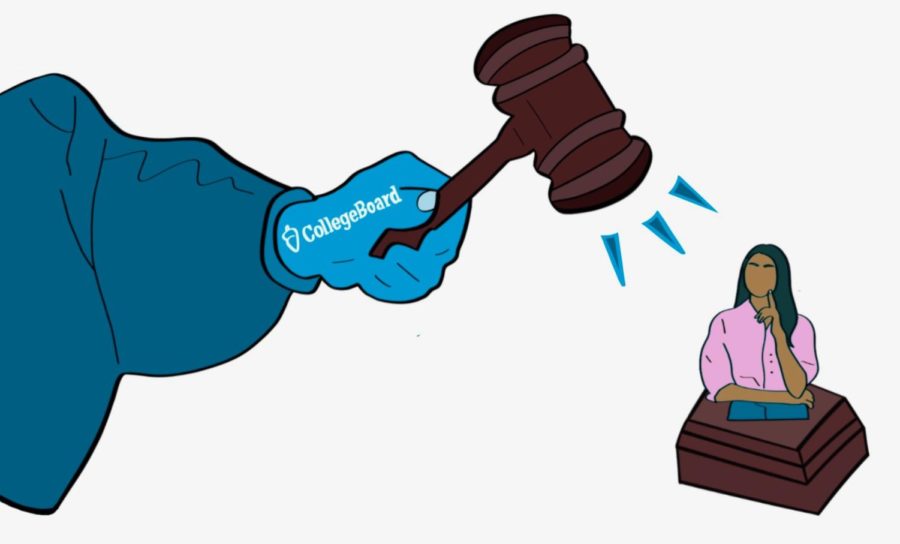It doesn’t matter if you’re pro-life or pro-choice. If you love the Dobbs decision or if you hate it. There’s one thing that we all need to agree on: students need to continue learning about Roe v. Wade.
To give some context, for 50 years Roe v. Wade was a precedent in the Supreme Court. It established that the 14th Amendment’s “right to privacy” gave women the constitutional right to terminate a pregnancy. But last year in Dobbs v. Jackson Women’s Health Organization, the Supreme Court overturned Roe v. Wade, citing judicial error. Their reasoning: the Constitution makes no direct reference to abortion.
Accordingly, the College Board nixed Roe v. Wade from the AP Government and Politics curriculum, as the case no longer serves precedent. The College Board has confirmed that questions about Roe v. Wade will not appear on the 2023 AP exam.
“The full set of legal implications related to the Dobbs decision and the status of Roe remain uncertain and are likely to evolve. Because AP Exam questions are drafted years before they are administered, future questions about the role of this case as precedent are at risk of becoming inaccurate and confusing to students,” the College Board wrote in a statement on their website.
While I agree that Roe v. Wade no longer sets a precedent, and it should not be instructed as a precedent case, that doesn’t mean we should just stop teaching it. That would overlook a critical moment of women’s history from classrooms, and enforce a tradition of erasure over truth.
“We can never learn the truth of our country’s history if certain facts and events are missing. Roe v. Wade was a turning point in the Women’s Rights Movement, by giving women the liberty to choose whether or not to have an abortion,” said AP Government and Politics student, senior Sam Scalia. “We cannot expect future generations to make logical and ethical decisions about women’s bodies, if they aren’t fully knowledgeable about what has happened in the past.”
Even though it’s overturned it is still important to study it because students would learn about both the reasons for the original decision and, now, the new majority opinion for overturning it. Not studying it fosters ignorance about both sides of the issue
— Kaiser
Students need to understand America’s history, and yes, that includes women’s history. Ignoring Roe v. Wade would create a gaping hole in a student’s understanding of American politics, thus cultivating ignorance around an already hot-pocket, misinformation-prone issue.
“Even though it’s overturned it is still important to study it because students would learn about both the reasons for the original decision and, now, the new majority opinion for overturning it. Not studying it fosters ignorance about both sides of the issue,” said AP Government and Politics teacher Bill Kaiser.
AP Government and Politics teachers can choose to continue teaching Roe v. Wade, they just have to do so in a different way. For instance, teachers may use the case to explain AP Government curriculum concepts about implied and explicit powers and the meaning of the 14th Amendment’s “right to privacy.” Or, they can instruct the case in the judicial review unit of the class in order to demonstrate complex topics like judicial activism and restraint.
“Roe v. Wade is an important case now because it was recently overturned, and that’s an example of judicial activism. Normally, a conservative dominated court would be more cautious about overturning precedent. That’s called judicial restraint,” said Kaiser.
My personal beliefs on abortion are beside the point. Your personal beliefs on abortion are beside the point. What matters is that Roe v. Wade belongs in the classroom, and there is still a place for it in the curriculum.
Teachers have a choice. Make time in class to encourage students to learn beyond what’s required. Raise our future leaders to recognize our history, not ignore it. Don’t erase our stories.
This story was originally published on The Express on May 2, 2023.




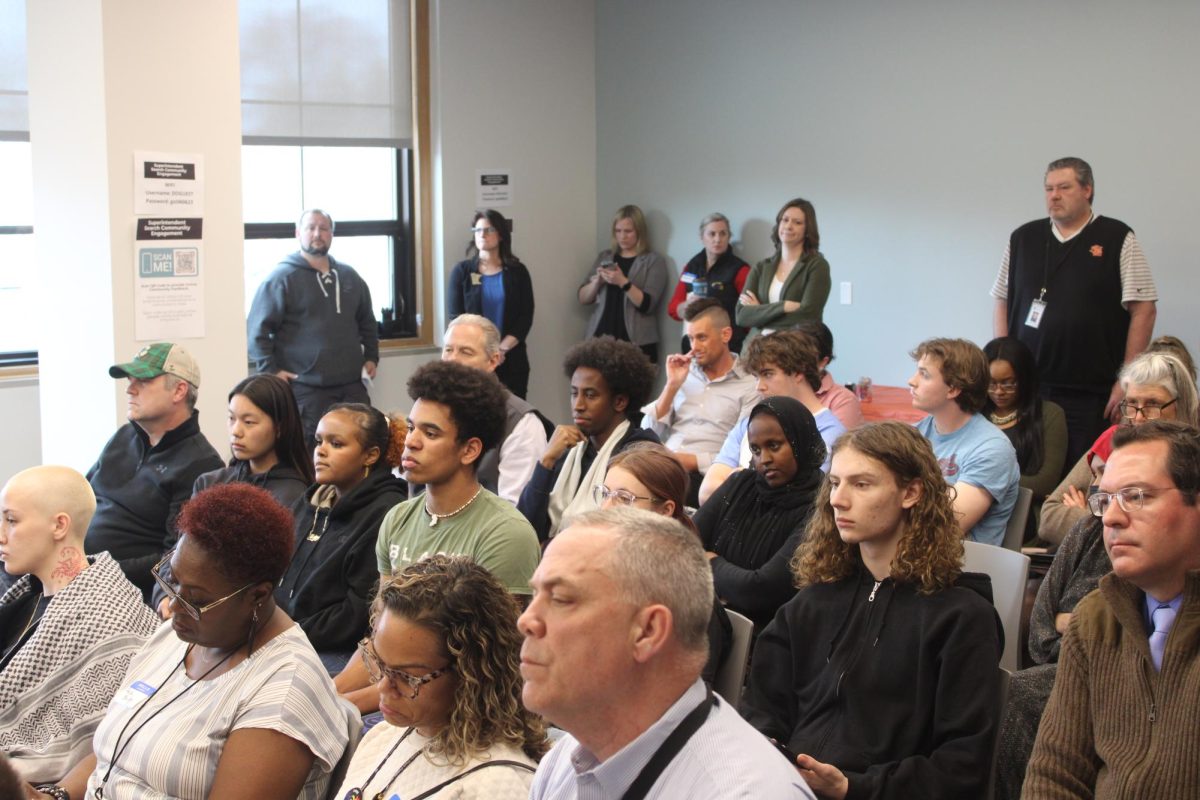
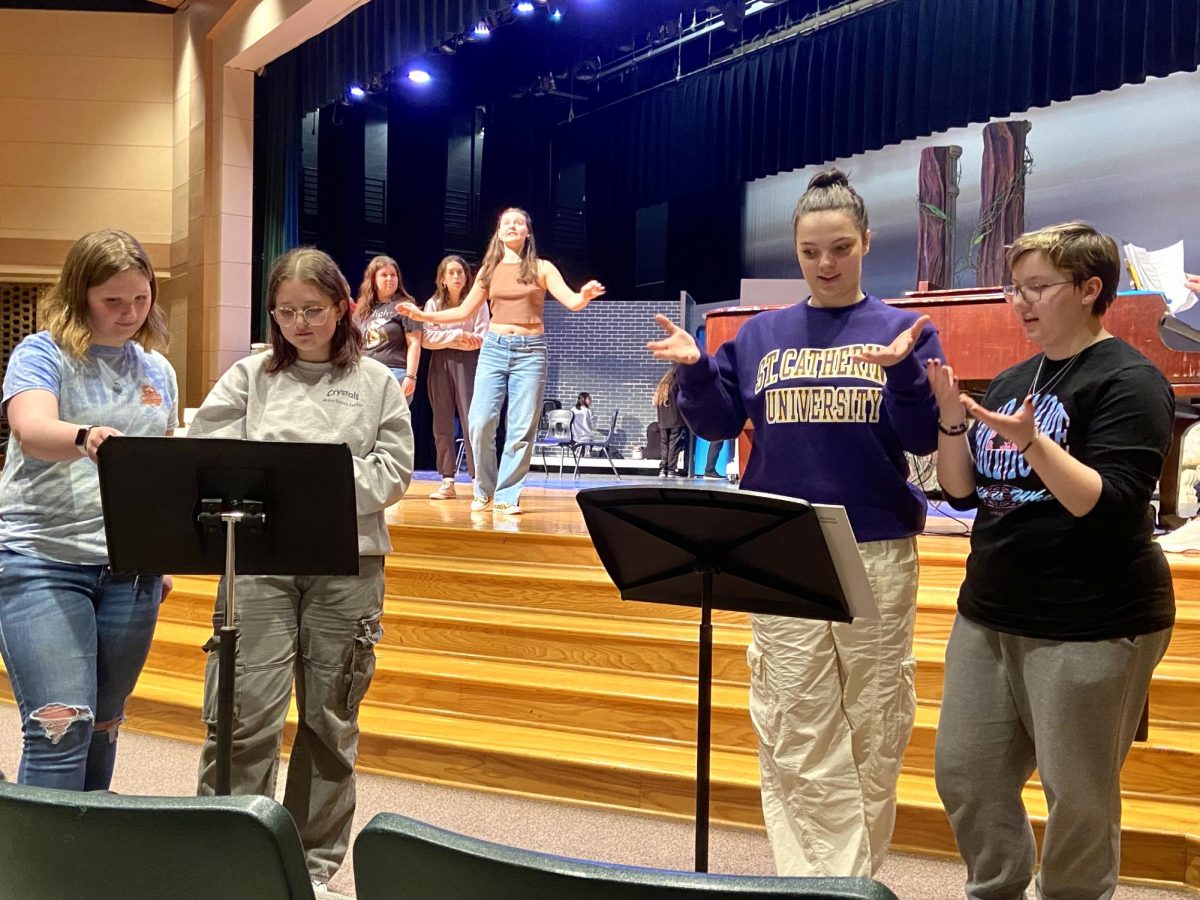
![It was definitely out of my comfort zone to get [the dress] and decide I loved it enough not to wait and risk not having something that memorable.](https://bestofsno.com/wp-content/uploads/2024/04/Precious_20180902_JRS_00008_ed1.jpg)




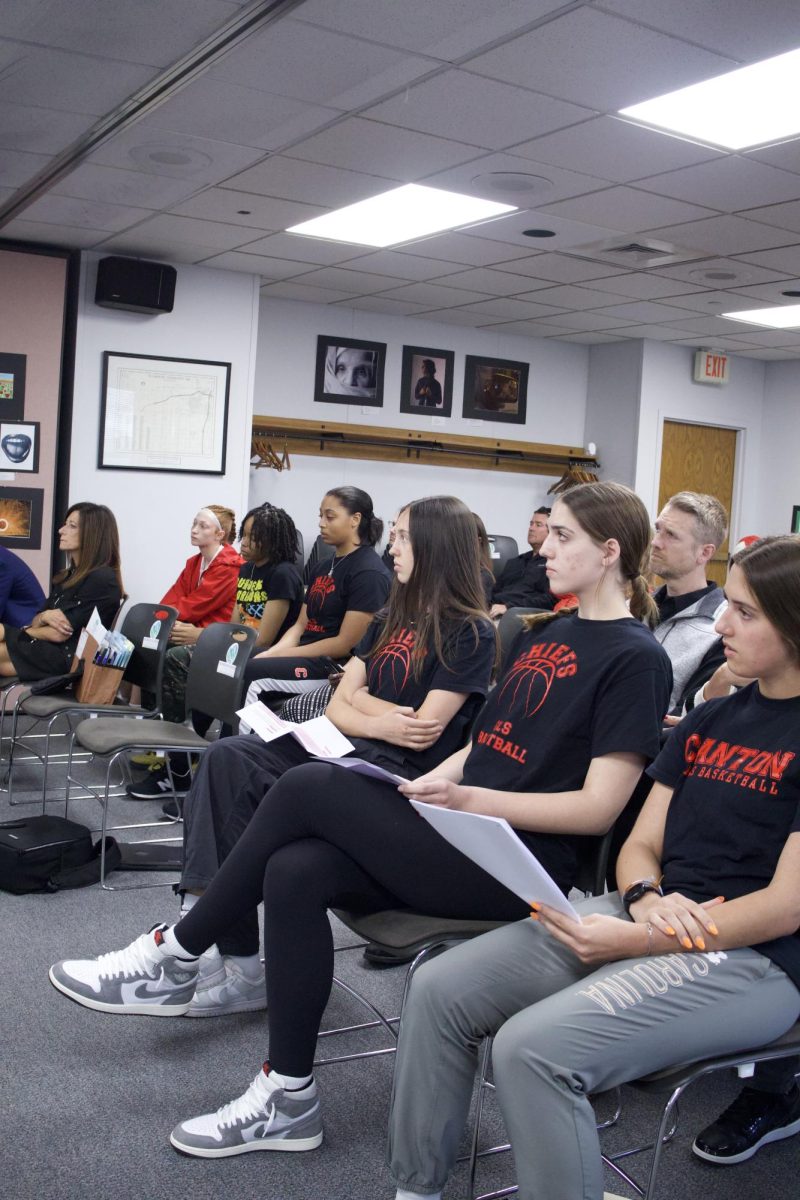

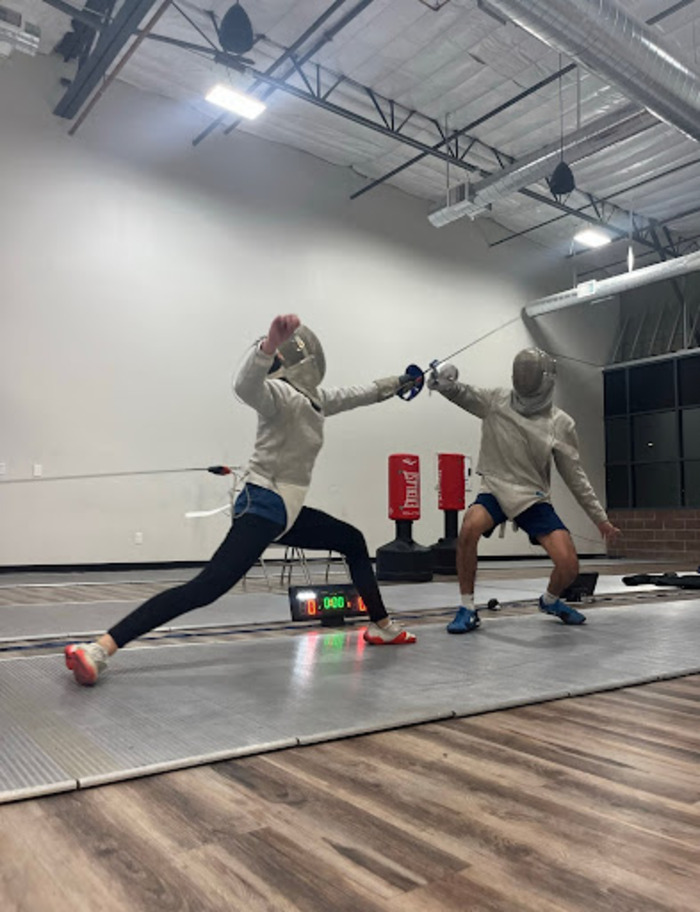
![In their full runway outfits, (from left) Audrey Lee 25, Olivia Lucy Teets, 25, Fashion Design teacher Ms. Judy Chance, and Xueying Lili Yang pose for a photo. All three girls made it to Austin Fashion Week by getting in the top 10 in a previous runway show held by Shop LC.
[I like my students] creativity and how they can look at a fabric and make it their own, Ms. Chance said.](https://bestofsno.com/wp-content/uploads/2024/04/IMG_9686-e1714088765730-1129x1200.jpeg)
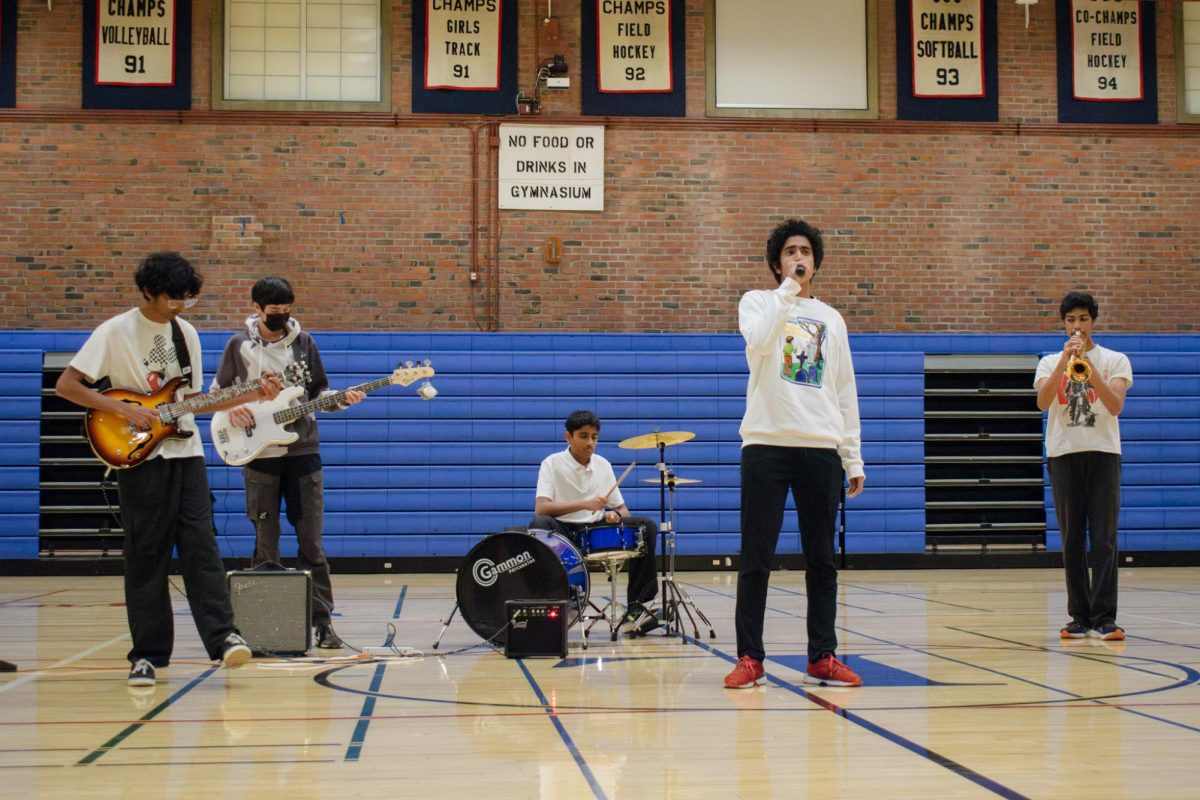
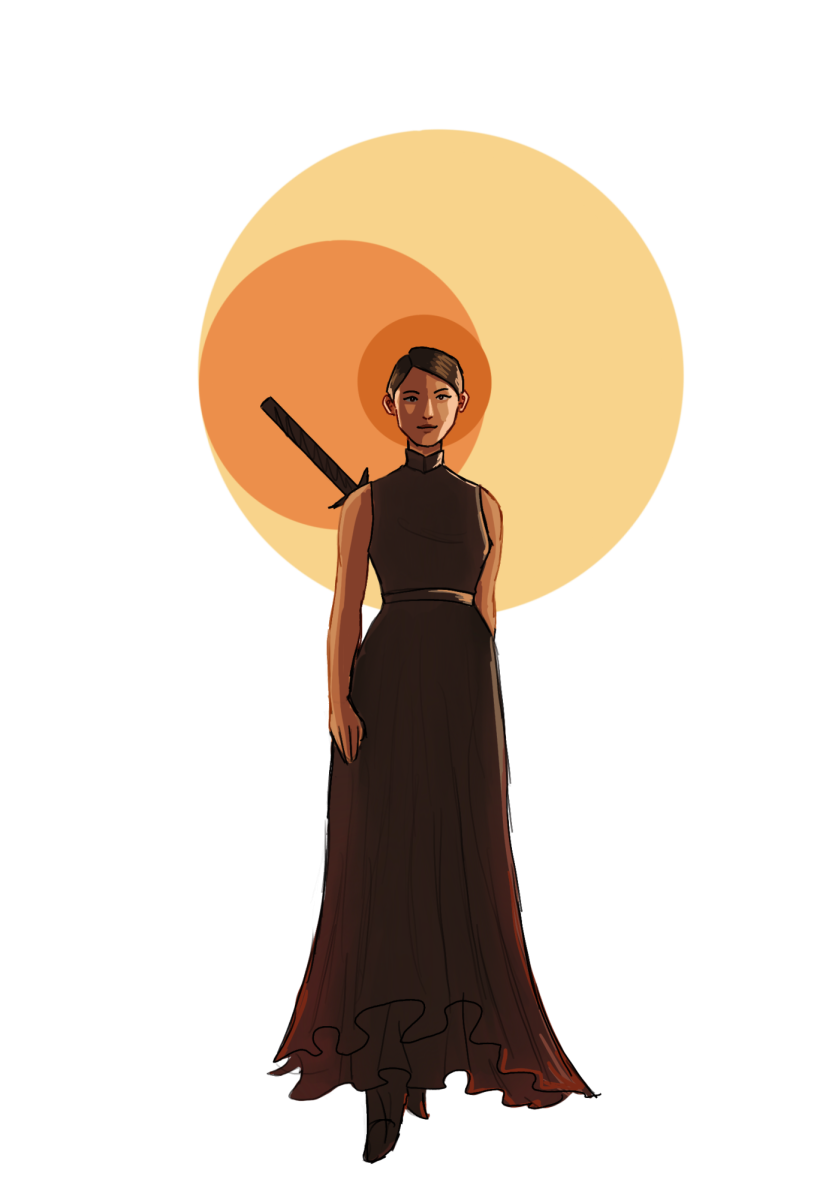
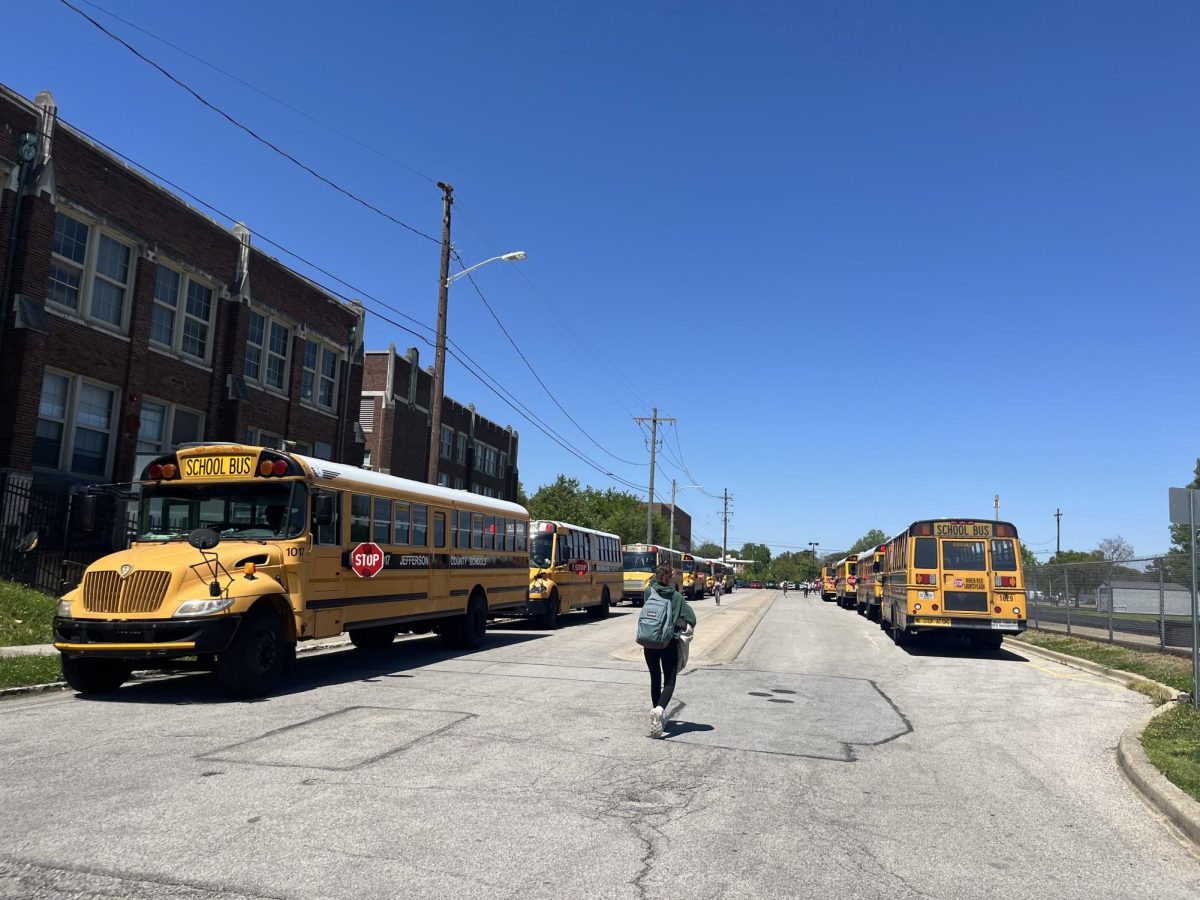
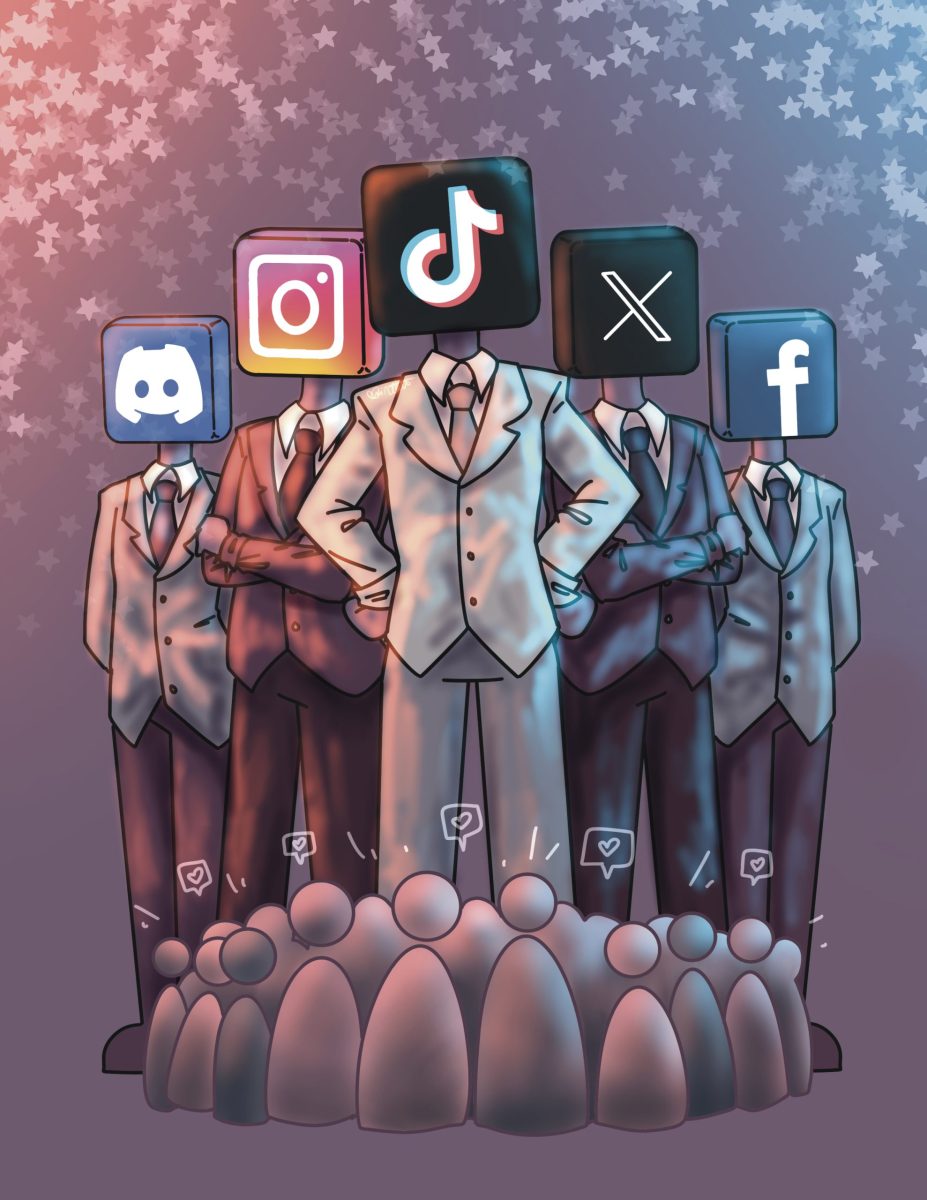



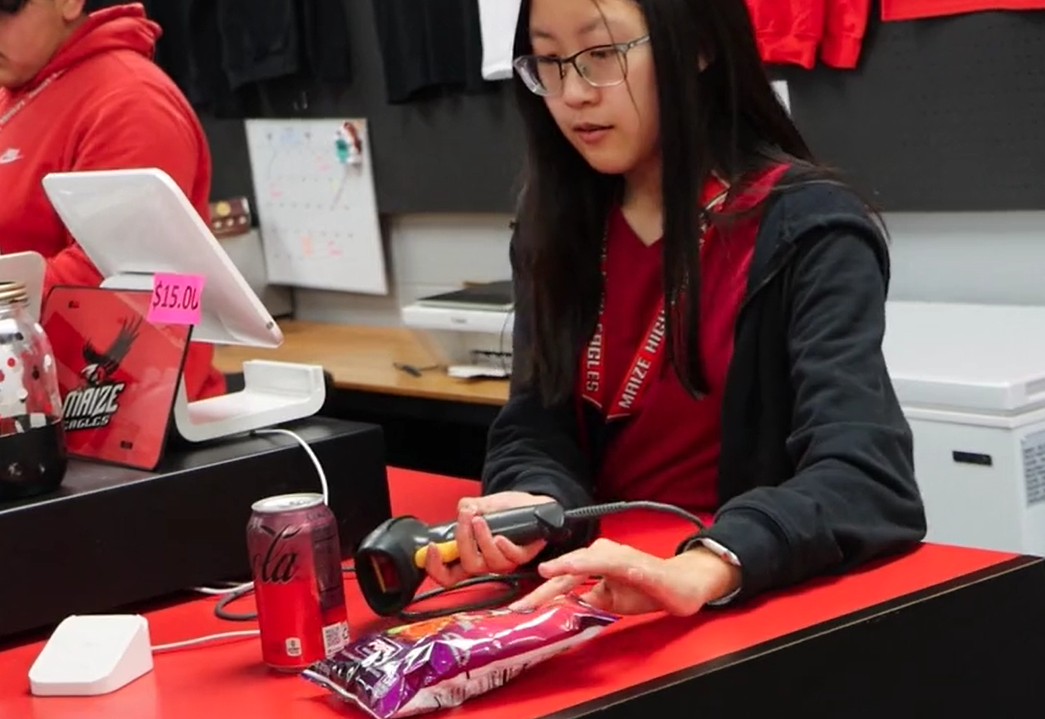








![IN THE SPOTLIGHT: Junior Zalie Mann performs “I Love to Cry at Weddings,” an ensemble piece from the fall musical Sweet Charity, to prospective students during the Fine Arts Showcase on Wednesday, Nov. 8. The showcase is a compilation of performances and demonstrations from each fine arts strand offered at McCallum. This show is put on so that prospective students can see if they are interested in joining an academy or major.
Sweet Charity originally ran the weekends of Sept. 28 and Oct. 8, but made a comeback for the Fine Arts Showcase.
“[Being at the front in the spotlight] is my favorite part of the whole dance, so I was super happy to be on stage performing and smiling at the audience,” Mann said.
Mann performed in both the musical theatre performance and dance excerpt “Ethereal,” a contemporary piece choreographed by the new dance director Terrance Carson, in the showcase. With also being a dance ambassador, Mann got to talk about what MAC dance is, her experience and answer any questions the aspiring arts majors and their parents may have.
Caption by Maya Tackett.](https://bestofsno.com/wp-content/uploads/2024/02/53321803427_47cd17fe70_o-1-1200x800.jpg)
![SPREADING THE JOY: Sophomore Chim Becker poses with sophomores Cozbi Sims and Lou Davidson while manning a table at the Hispanic Heritage treat day during lunch of Sept 28. Becker is a part of the students of color alliance, who put together the activity to raise money for their club.
“It [the stand] was really fun because McCallum has a lot of latino kids,” Becker said. “And I think it was nice that I could share the stuff that I usually just have at home with people who have never tried it before.”
Becker recognizes the importance of celebrating Hispanic heritage at Mac.
“I think its important to celebrate,” Becker said. “Because our culture is awesome and super cool, and everybody should be able to learn about other cultures of the world.”
Caption by JoJo Barnard.](https://bestofsno.com/wp-content/uploads/2024/01/53221601352_4127a81c41_o-1200x675.jpg)




